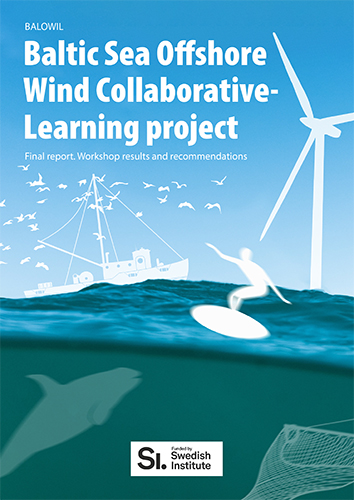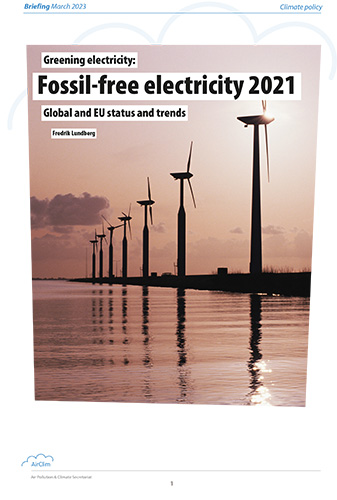
CCS in Germany: emotional
A new draft CCS law in Germany has done little to resolve the ongoing conflict over the issue.
Protest, resistance, acceptance, necessity – these are just a few words that can be used to describe the discussion of CCS in Germany. The technology – capture of CO2, transport and storage in deep geological formations – either must be tested, should not be tested, or shall never be tested. Positions on CCS couldn't be more controversial in Germany these days. After postponement of the CCS law in summer 2009, a new draft law is now out for consultation, but has done little to resolve the conflict.
The draft law is created to allow the demonstration and testing of CCS. It limits the amount of CO2 a project will be allowed to inject, as well as the total amount of CO2 that can be stored in Germany annually. It also restricts the period in which an application for a storage permit can be made, to prevent any run for projects and storage sites.
However, the law does little to satisfy critics of CCS or those concerned about site exploration. They fear that this new law paves the way for commercial use, hiding the risks of CO2 storage, such as leakage of CO2 or displacement of brine into drinking water. Farmers' associations, water unions and local authorities all treat the information and explanations given by potential operators with suspicion.
In areas chosen for exploration of potential storage sites, local action groups have formed with the clear goal of preventing CO2 storage in their respective region. Scandals involving irresponsible, frivolous handling of nuclear waste in Germany have also contributed to public doubts.
Thus far, CCS has primarily been discussed as a technology for coal. In this regard, CCS would become the escape route for coal in a carbon constrained world, resulting in the continued destruction of the natural environment through coal mining, and with new storage sites to take care of as well. A number of new coalfired power plants are in the planning or construction phase in Germany. While environmental organisations are united in their opposition to these new plants, consensus is over when it comes to CCS. While some regard storage of CO2 as a risky end-of-pipe technology, objecting in principle, others view it as a necessity to test and subsequently use CCS if it can be done without jeopardising health, safety and the environment.
Were climate protection and safety issues to have highest priority, construction of new coal-fired power plants would be adjourned until CCS is commercially viable and demonstrated. However, it is questionable whether this will ever be achieved. Renewable energy is growing and becoming more and more competitive.
At the end of the day, CCS is not solely about the burning of coal. If the world is to win the fight against climate change, and if Germany is to achieve a greenhouse gas reduction target of at least 80 per cent by 2050, CCS must be looked at in a broader context. Renewable energy provides an existing alternative to coal in the electricity sector. However, this is not the case in the industrial sector with its process-related emissions coming from activities such as steel or cement production. Here, CO2 emissions remain a problem and CCS could offer a solution. Biomass with CCS might also be an interesting option, allowing negative emissions to be achieved.
Risks with CCS seem to be manageable, if all involved take due responsibility and diligence. However, it is exactly this "if " that creates discomfort and doubt. Public trust had been lost in the past through misinformation, sloppiness and coverups, especially in the nuclear industry. Absence of transparency and openness have resulted in a low public acceptance of CCS, potentially the greatest barrier for CCS in Germany. Whether one sees this as good or bad has to be figured out by oneself.
Gabriela von Goerne
Gabriela von Goerne (PhD) is a geologist, climate policy expert and consultant living in Germany. She is co-author of Last Gasp of the Coal Industry. October 2008, Air Pollution & Climate Secretariat series No.21.

 Download this issue
Download this issue










